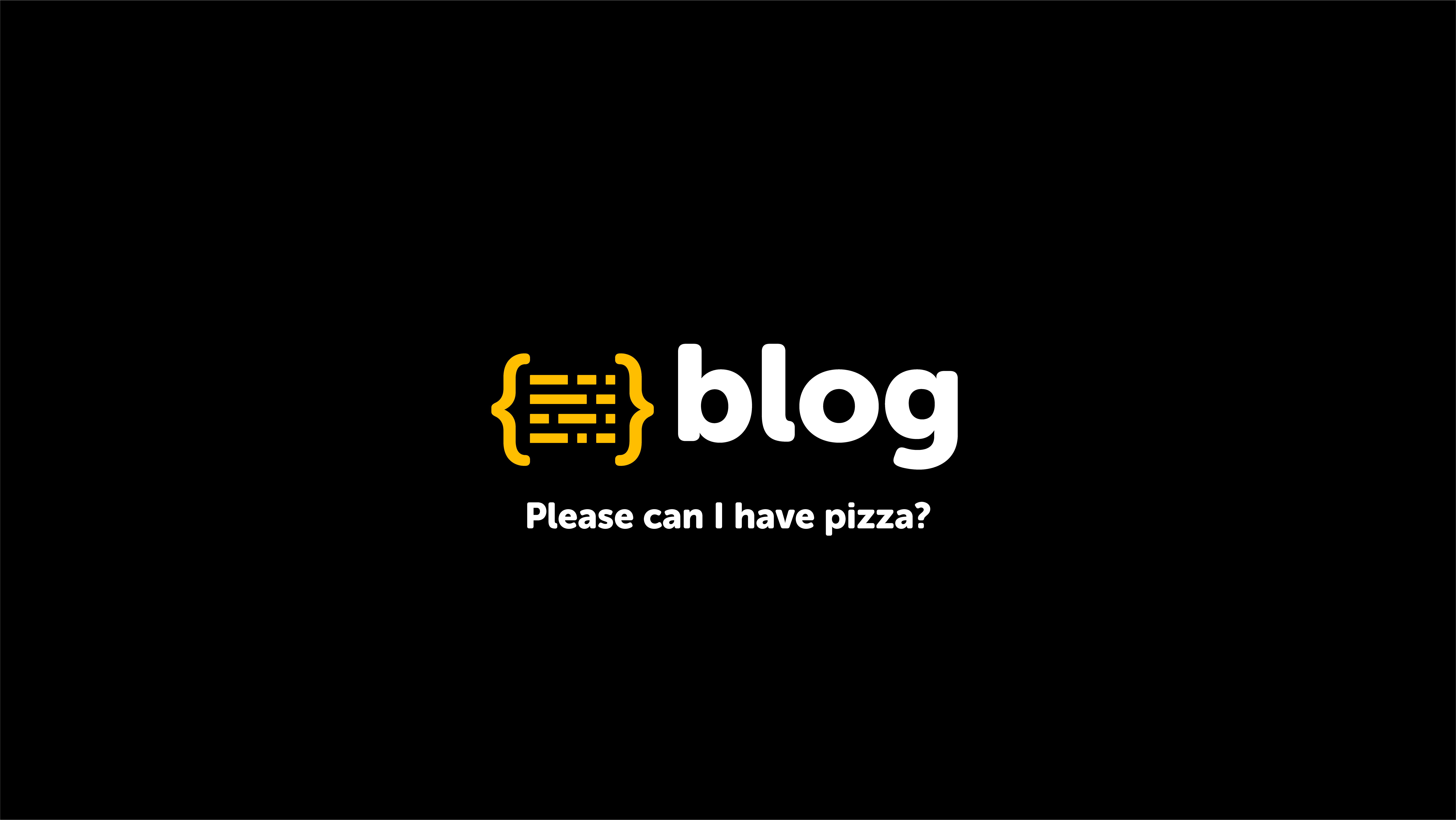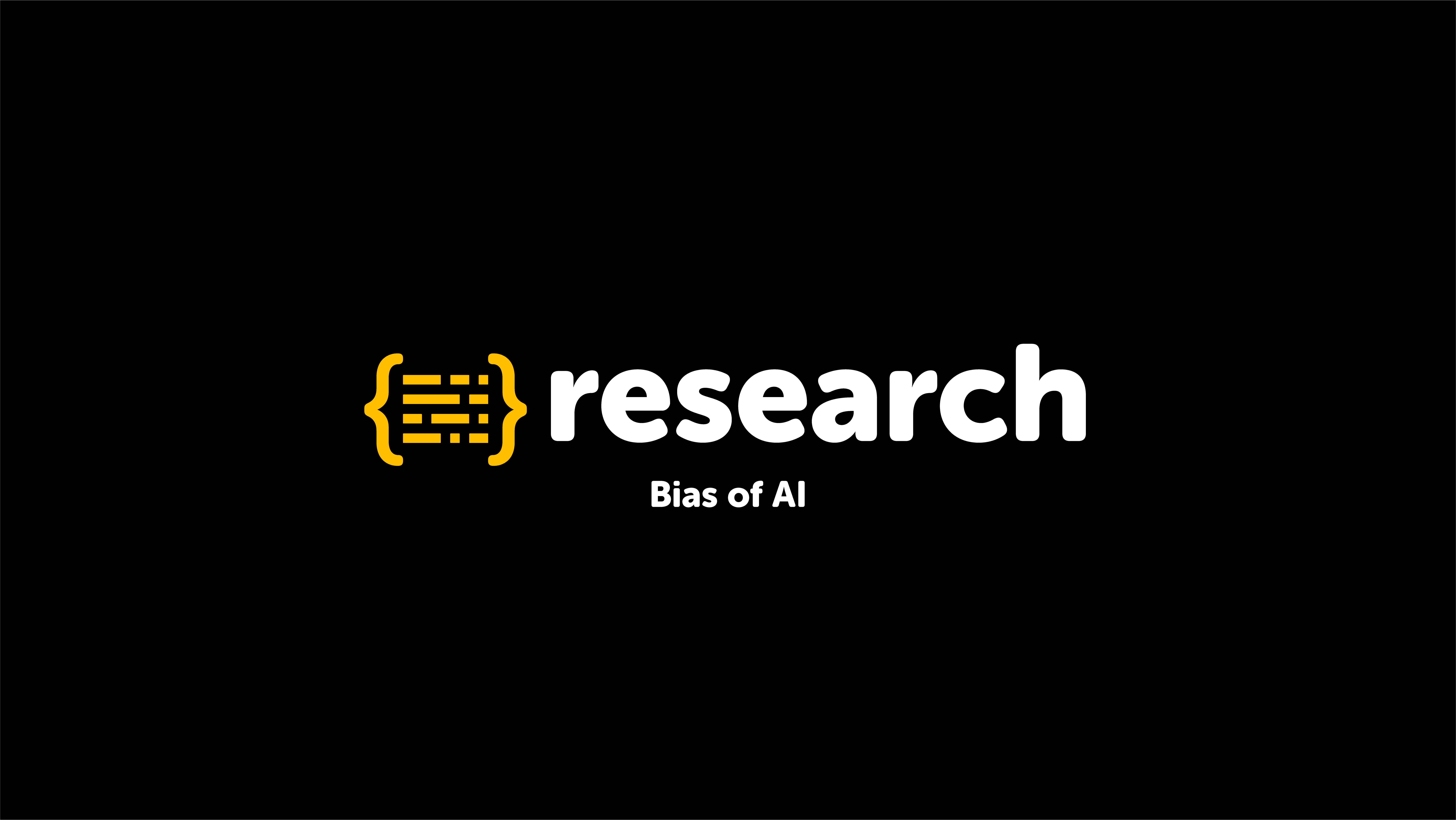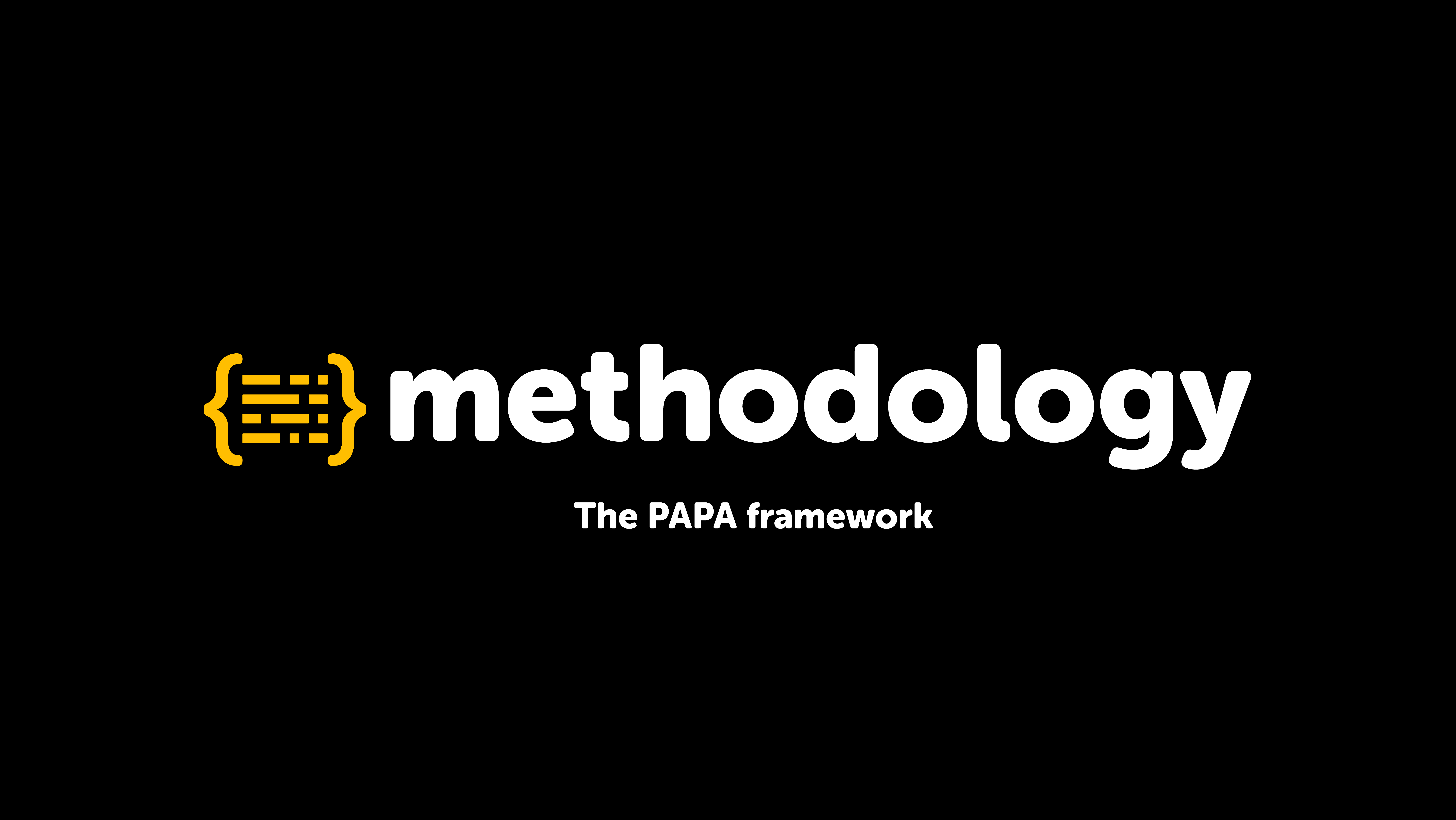Imagine you run a Pizza Parlour. You’re six hours into your shift, and hitting the busy period. The nearby sports stadium, concert hall and oregano convention have all emptied out at same time. Your queue is out the door.
The next guy in line comes up to the counter. He says, “please can I have a pizza.”

You wait for him to elaborate, but he just looks at you. So you ask him what kind of pizza he wants.
This seems to confuse him. “What do you mean, ‘what kind of pizza?’ I just told you, I want a pizza. I really like pizza, you see.” You start to hear a few tuts in the queue behind him.
But he looks totally satisfied. Because he’s just given you some first-level insight.

Keeping your cool, you ask him if he’d like any toppings. A broad smile spreads across his face. “Oh of course, toppings! I can tell you all about the toppings I like.”
Sigh of relief. We’re back on track.
“Okay”, he says, looking up at the board. “First of all, I like meats.”
Huh. “Sooo… a meat feast?” you ask.
“No,” he says. “Well, not necessarily. I’m just telling you I like meats.”
“Okay…” you try again. “We’ve got pepperoni, salami, chicken, meatballs…”

“I don’t know about all that,” he says, “But I like meats. In fact, I’d say I like them even more than I did last month.”
The queue behind him is restless now. People are giving up and walking out. You’re literally losing customers while you wait for this guy to explain himself.
“Vegetables are also good,” he says with a smile. “Is that helpful?”
You take a deep breath. “I really need a specific type of vegetable. Do you mean onions? Peppers? Long stem broccoli? Mashed potato? Give me a clue here.”
He rolls his eyes at you. “That’s totally impossible to say. Well, I suppose if we had a data scientist to analyse my tastebud reaction to every available vegetable. That’s going to take eight weeks and cost several thousand pounds. That cool?”

By now you’re just about ready to leap over the counter and brain the guy with a spatula. But he still doesn’t see what the problem is. He’s giving you second level insight.
“Look,” you say. Your patience is at an end. “I don’t want vague generic categories, I don’t want you to tell me broadly how you’re feeling, and I certainly don’t want to involve data scientists every time you order. I just want you to TELL ME EXACTLY WHAT YOU WANT SO I CAN GIVE IT TO YOU.”
You stare at each other.
Then he says: “By the way, do you deliver? My address is ‘The North of England'...”

First-level is category. Great for top-level reporting in your business against KPI's, strategic objectives and performance-related metrics. An absolutely vital part of understanding text, but useless by itself.
Second-level insight is theme. An AI putting your data into a pre-arranged list of generic categories. It’s incredibly useful for tracking issues, but you need to know what you’re looking for, and training to find something new is time-consuming and expensive. Plus, it doesn’t give you actionable insight - specific things within those categories that you can actually do something about.
When it comes to finding insight in unstructured text, everyone focuses on levels one and two.
How they do it has radically changed - Natural Language Processing has found new and exciting ways to establish sentiment and categorise data. But the outcomes remain the same - from the biggest megacorp to the edgiest startup, you’re getting general feelings about general categories.
Wordnerds uses first and second level analysis a lot. They’re both super-important. But we have the only tool on the market that offers third-level insight.
We break the data down into topics that allow you to easily understand what’s happening, and crucially, what you can do about it.
These topics are completely unsupervised - no training, no waiting. It’s just there for you, from the first time you add your data to the platform.
What does this mean in practice?
We recently had a demo with a major UK retailer. They’d given us some data, and asked us what they should do. They’d looked all across the market, trying to establish what the issue was.
They had been given the same answer by all of these tools:
1st level insight: There’s a problem with delivery.
2nd level insight: It's a delivery issue regarding flowers.
But Wordnerds was the only tool that could give them third-level insight...
3rd level insight: It's a delivery issue regarding flowers, involving water leaking from the plastic bag causing the cardboard box to deteriorate.
That’s the difference between Wordnerds and everyone else. Even Google can’t extract the insight that Wordnerds can from written language.
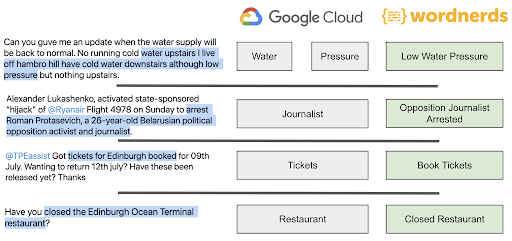
So how the hell do we do it? It all comes back to the way in which Wordnerds was formed. All the other major players in this area are run by data scientists. They are entirely beholden to massive neural networks.
You want more accuracy? Get a bigger network, train another model, rinse, repeat.
But these models are only useful for first and second level insight. To get the third level insight, you need more. But the data scientists have nowhere else to go. So they just get a bigger network, train another model…
They get better and better at doing levels one and two. But they never get to level three.
As the name suggests, we’re different because we love words. We bring together data scientists and linguists, uniting different disciplines which can build on one another, and do things together that neither would have a hope of doing by themselves.
And with that, I think it’s time for a meatball and mashed potato pizza.
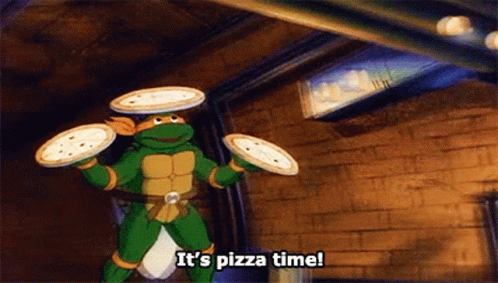
Want to uncover the third level of insight in your data? Let's chat.
